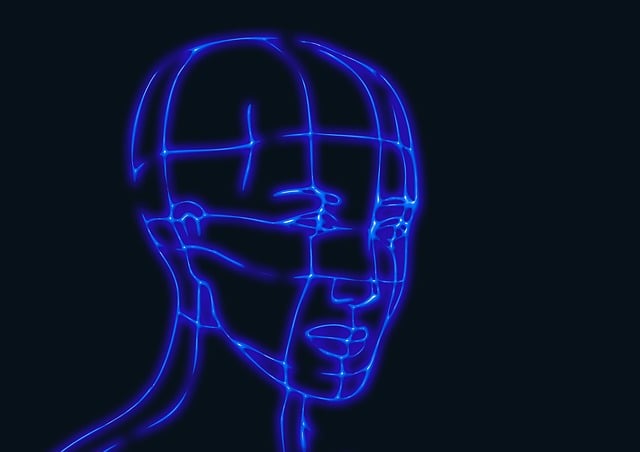Chronic pain can lead to alopecia (hair loss) due to stress hormones, but natural remedy kratom may help manage both. While effective for conditions like arthritis and fibromyalgia, kratom use should be balanced with a healthy diet and hair care to prevent or counteract its potential side effect of hair loss. Under professional supervision, responsible kratom use combined with mindfulness practices can aid in pain management and potentially stimulate hair regrowth.
Chronic pain is a complex condition that significantly impacts various aspects of life, including unexpected side effects like hair loss. This article delves into managing chronic pain with the aid of kratom, a natural herb gaining traction for its potential therapeutic benefits. We explore kratom’s role in alleviating pain and discuss strategies to prevent and address any associated hair loss. By understanding these aspects, you’ll gain valuable insights into navigating your journey towards pain relief and potentially regrowing lost hair with kratom guidance.
- Understanding Chronic Pain and Its Impact on Hair Loss
- Exploring Kratom: A Natural Approach to Pain Management
- Strategies for Preventing and Addressing Kratom-Related Hair Loss
Understanding Chronic Pain and Its Impact on Hair Loss

Chronic pain, defined as pain that persists for more than 12 weeks, can significantly affect various aspects of an individual’s life, including their overall well-being and appearance. One lesser-discussed side effect of chronic pain is hair loss. This condition, often referred to as alopecia, can result from the body’s response to stress hormones released due to prolonged pain. When the body perceives pain as a threat, it may trigger a series of physiological changes, leading to a slowdown in hair growth and potential shedding.
For individuals struggling with chronic pain, managing this condition is crucial not only for physical comfort but also for maintaining self-esteem and confidence. In some cases, proper kratom use under professional guidance has shown promising results in alleviating pain and potentially mitigating its side effects, including hair loss. By promoting relaxation and reducing inflammation, kratom may support overall health and contribute to the regrowth of hair, offering a glimmer of hope for those seeking effective chronic pain management and the chance to regain their vibrant appearance.
Exploring Kratom: A Natural Approach to Pain Management

Kratom, derived from the leaves of the Mitragyna speciosa plant, has emerged as a natural alternative for managing chronic pain. Its unique chemical composition offers a promising avenue for those seeking relief from persistent discomfort without relying heavily on pharmaceutical interventions. Unlike traditional medications that may come with a range of side effects, kratom is known for its potential to provide deep pain reduction while promoting overall well-being.
For individuals experiencing chronic pain, kratom can be a game-changer. It has been used by many to alleviate conditions such as arthritis, fibromyalgia, and nerve damage. Moreover, contrary to concerns about kratom causing hair loss, research suggests that it may actually support hair growth and health when used responsibly. This natural approach to pain management is gaining traction, offering a sustainable solution for folks looking to regain control of their lives and combat the daily challenges of chronic pain.
Strategies for Preventing and Addressing Kratom-Related Hair Loss

Kratom, while beneficial for chronic pain management, can lead to hair loss as a side effect. To prevent and address this issue, maintaining a balanced diet rich in protein, vitamins, and minerals is crucial. Ensuring adequate intake of biotin, zinc, iron, and vitamin D specifically can help support hair health and potentially stimulate regrowth. Regular hair care practices such as gentle washing, avoiding harsh chemicals, and using moisturizing conditioners can also make a significant difference.
Additionally, managing kratom intake by sticking to recommended dosages and consulting with a healthcare provider can help mitigate hair loss. Reducing stress levels through relaxation techniques like meditation or yoga may further assist in maintaining scalp health. Regular monitoring of hair growth patterns can help identify any issues early on, allowing for prompt intervention and support from a medical professional if needed.
Chronic pain management with kratom offers a promising natural alternative, but it’s crucial to balance its benefits with potential side effects, including kratom-related hair loss. By understanding both the condition and this herbal remedy, individuals can make informed decisions. Implement strategies to prevent and address hair loss, such as maintaining a balanced diet, staying hydrated, and considering topical solutions or supplements. Remember, while kratom may aid in managing chronic pain, it’s not a cure-all, and consulting healthcare professionals is essential for comprehensive care. With proper guidance, individuals can find a holistic approach to pain relief, potentially regrowing hair and improving overall well-being.














